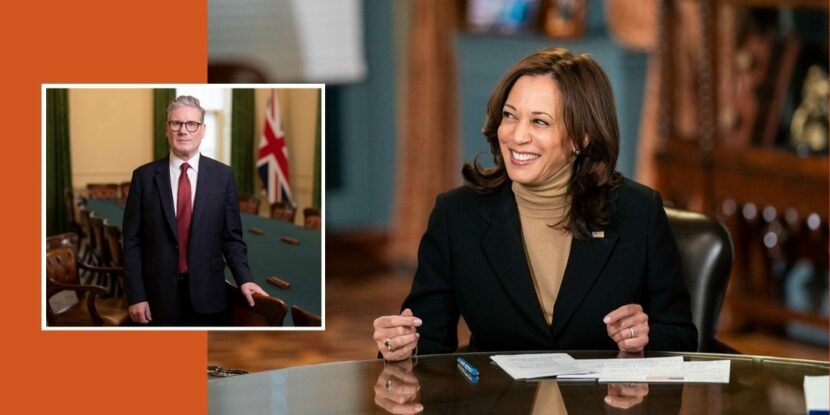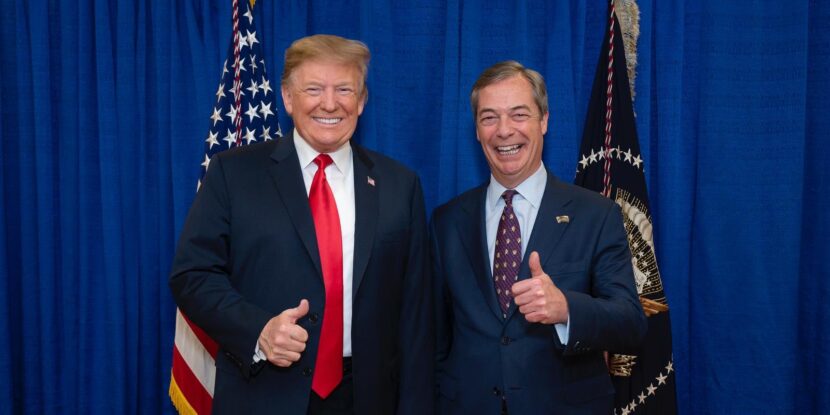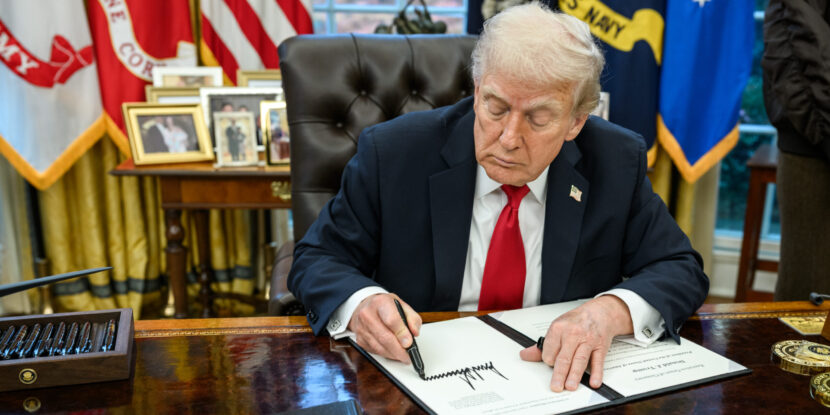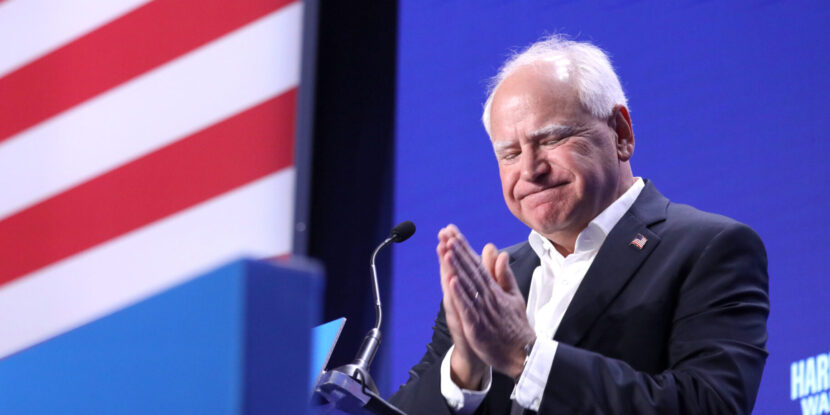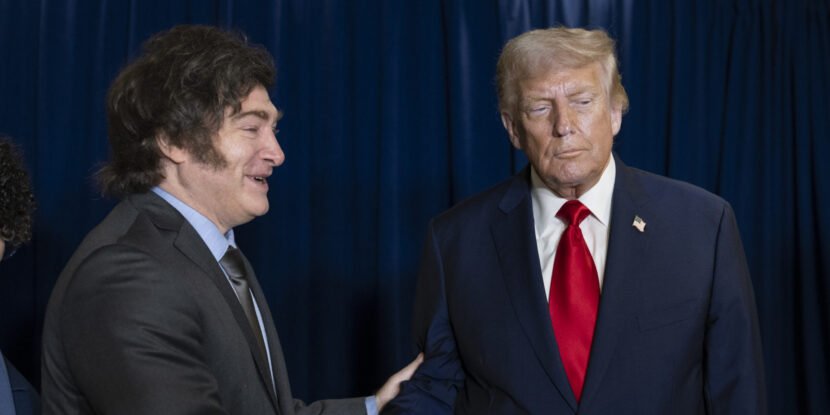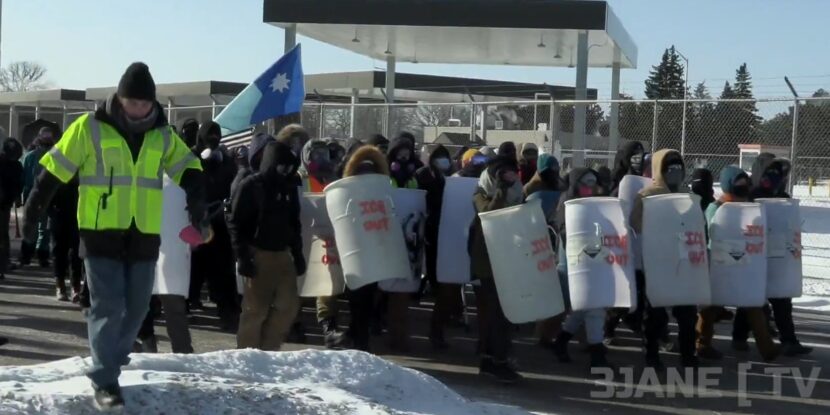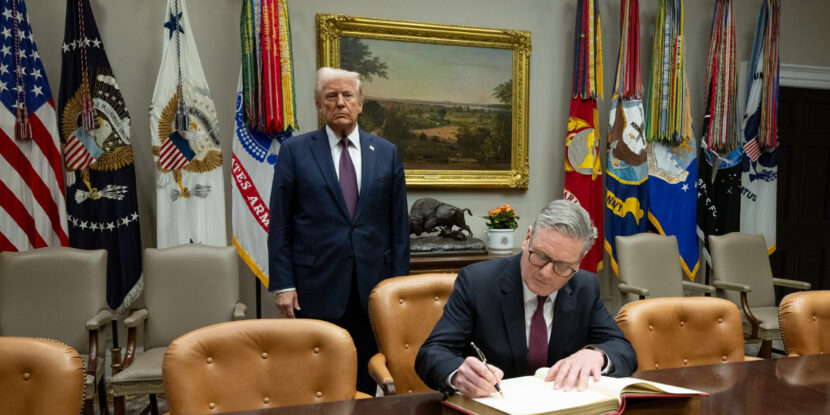Kamala Harris’s presidential campaign is recruiting Deborah Mattinson, a former strategy director to Britain’s far-left prime minister, Sir Keir Starmer. Mattinson will head to Washington, D.C., to brief the Harris campaign on Starmer’s Labour Party’s victory in Britain’s July 4 snap election, which returned them to power after 14 years in opposition.
Mattinson’s approach focused on persuading traditional Labour voters, who had abandoned the party over its embrace of mass migration and woke ideology, to return to the fold. Harris, who previously advocated far-left policies such as banning fracking, decriminalizing illegal border crossings, and defunding the police, likely hopes a similar rebrand will boost her appeal among workers in key swing states.
Mattinson’s recruitment forms part of a broader collaboration between Labour and the Democrats. Starmer’s closest advisers have already met with Harris’ team, and many Labour politicians attended the Democratic National Convention (DNC)—despite British populist leader Nigel Farage previously being attacked for attending the RNC.
THE INTERNATIONAL LEFT.
“Labour is one of the only Western parties that have recently won, or look likely to win, from the center left,” explained Matthew McGregor, a former Labour digital director and Obama strategist.
“For Democrats following British politics, they have been intrigued by the speed [with] which Labour has gone from the [Jeremy] Corbyn days to being in power now. It’s really got people’s attention.”
The British media already believes Harris is copying Starmer’s intentionally “boring” presentation to avoid turning off middle-of-the-road voters.
Corbyn, the previous Labour leader, was much more openly left-wing than Starmer, who presented as moderate. However, in a warning for American independents who believe Harris is now moderate, Starmer is governing from the authoritarian left now he has power.
However, Starmer likely won on July 4 mainly because voters were no longer willing to vote for the Conservative Party after over a decade of broken promises on immigration. Starmer actually won fewer votes on July 4 than Corbyn did in 2019, with a historically low share of the popular vote and a lowered turnout.
